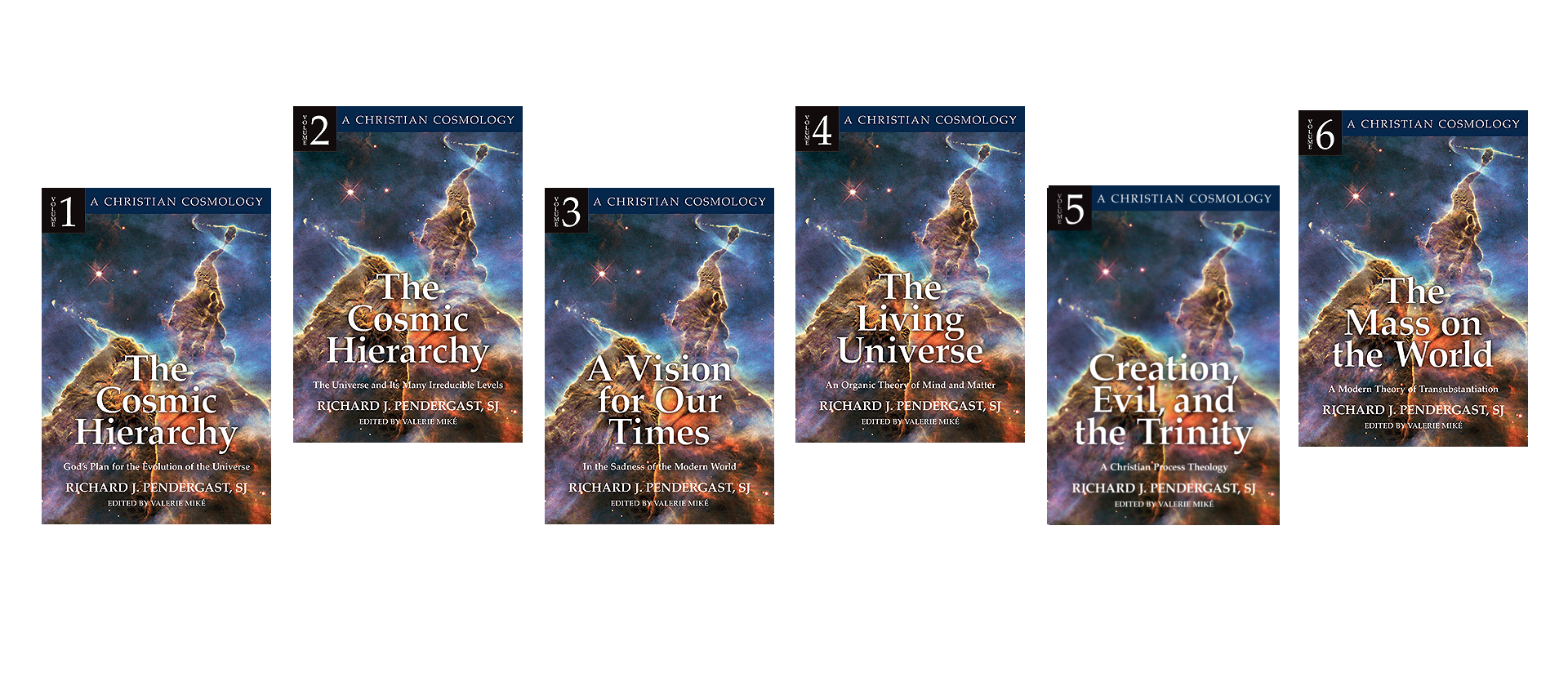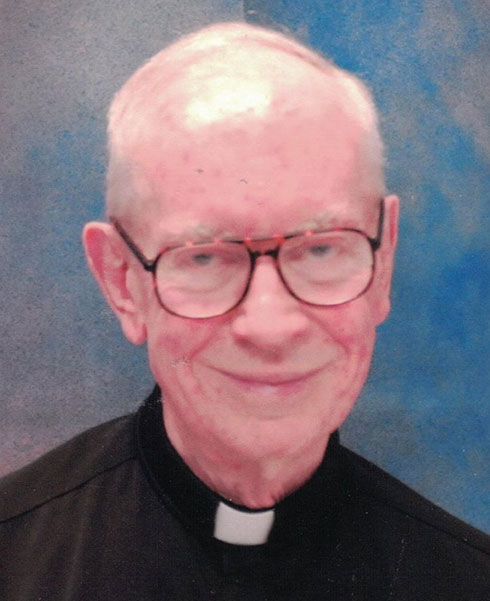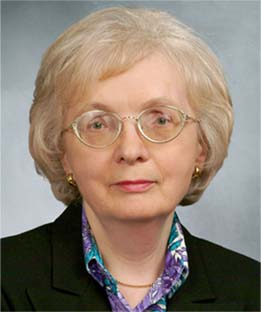Invitation to a Landmark Initiative
A Christian Cosmology
Richard Pendergast S.J. undertook the development of a Christian cosmology based on reality as process, to replace the medieval static worldwiew.
This is the fascinating lifetime work of a Catholic priest-scientist, an original thinker who has opened pathways for generations to follow and explore.
“In our age, science is revealing to us, even more, the true grandeur of God’s design.
Writing in the spirit of Pope St. John Paul II’s teaching on science, philosophy,and theology in a common quest for understanding, Richard Pendergast undertook the development of a Christian cosmology based on reality as process, to replace the medieval static worldview.
This is the fascinating lifetime work of a Catholic priest-scientist, an original thinker who has opened pathways for generations to follow and explore.
While there may be other approaches, Fr. Pendergast’s desire to synthesize faith and reason, theology and science, to speak in a language intelligible to our technological age, is to be admired and emulated.
His work is a mustread for anyone who wishes to evangelize the scientifically literate generations now being formed.”
Msgr. Stuart W. Swetland, STD
President of Donnelly College, Kansas;


